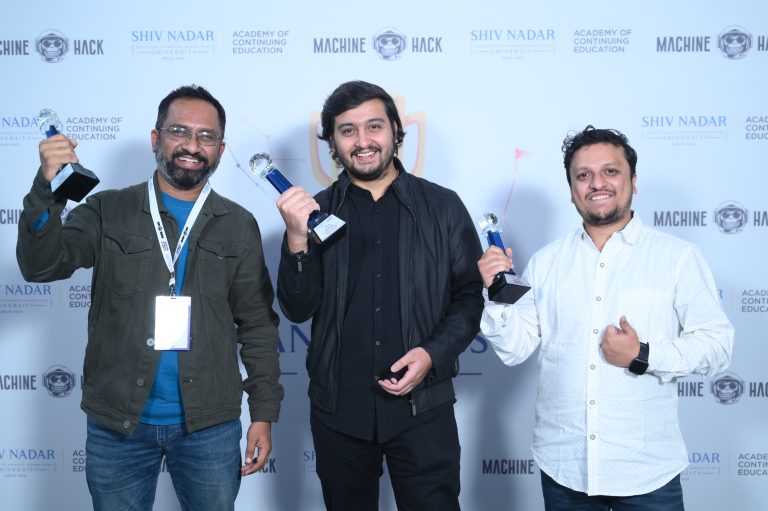Using data for power is relatively new and currently essential. With data and analytics, one can gain more out of both renewable and nonrenewable energy applications. And these applications have gained momentum given the alarming need for cost-cutting and climate saving strategies.
Analytics has shown great promise in improving the performance in any scenario given the right set of data But when it comes to data collection, energy sector brings in its own set of problems ranging from the changes in weather to strategies of policy makers.
Poor data quality and integration, fragmented use of analytics and patchy ownership of data across processes are few challenges that trouble any energy enterprise regardless of how mature it is.
So, finding the right analytics approach to a particular problem and embedding its core competencies to enable decision making is a challenge of its own.
Lack Of Direction
Firstly, the organisation should get its priorities right without which they would be exposed to a multitude of options and influences. And they usually end up leaving the fundamental problem.
So, spending huge amounts of resources on solutions which are inconsequential to the problems at hand gets expensive and is a no-brainer to any industry and more so for energy sector, which usually function on a large scale.
Focussing on areas such as asset maintenance and contractor productivity can also add a lot of value to an enterprise.
Analytics is critical to adding value. Even a 5% increase would pay great dividends. Because value and feasibility of a solution is more important as the enterprise puts one into production and corporate level prioritization is key for analytics fueled decision making.
The successful embedding of analytics applications into an enterprise requires a coordination of multiple processes right from the beginning. So, as discussed above, if in the first step, prioritization gets messed up, then this will give rise to a whole new network of challenges or solutions which will eventually be shelved for being insignificant.
Lacking Skin In the Game
Failure of an analytics solution indicates the inability of an organisation to collaborate on various levels. For instance, most of the feedback data is lost due to lack of proper data-mining tools.
Issues pertaining to certain area can be pinned down by deploying state-of-the-art voice-mining analytics on the recorded grievance calls.
Most importantly, the lack of success can be attributed to the failure to engage front-line workers who use the tools for feedback on a regular basis.
A bottom up approach enables better data collection, which results in better adoption and deliverance of analytics.
Lack of Talent
Developing analytics solution requires a team which consists of data scientists, data engineers and other experts like data architects. Recruiting talent to fill in for these roles is one half of the challenge. Whereas, enabling interpretation of results and collaboration within these departments is often overlooked.
Since data cleaning and efficient feature engineering is of utmost importance, having a team which offers well curated data right from the beginning will establish a foundation for long term functioning of the enterprise.
Hiring a good data science team is a pain point for companies planning to imbibe advanced analytics. The domain has started gaining traction only recently and a manager cannot expect an individual to be familiar with all the essential tools. There is always a trade-off and the employers should decide between establishing a training programme to nurture the incoming fresh talent for long term growth and hunting for unicorns, which usually consumes time and is expensive.
Apart from having a good data science team, it is equally important to have a solid product management team with a leadership, capable of envisioning end-to-end business processes.
The solutions churned out from data eventually had to be decided whether to put them to use or not. And, this can be done only when the executives are well equipped with aforementioned resources, which gives them a clarity for decision making.
Future Direction
The challenges of adopting a successful strategy is more or less the same across the energy sector. The growing demand for clean and green energy methodologies will also result in a customised analytics solution say for the efficient use of solar panels or the optimal designing of the fuel cells.
Predicting the weather patterns to estimate the power generation from wind turbines and associating the results with turbine efficiencies.
The future of energy sector depends on multiple factors ranging from feasibility of technology to mood changes of the policy makers. But it is no excuse not to improve. The current machine learning models are improving rapidly and accommodating this advancement needs a fool proof strategy.




















































































